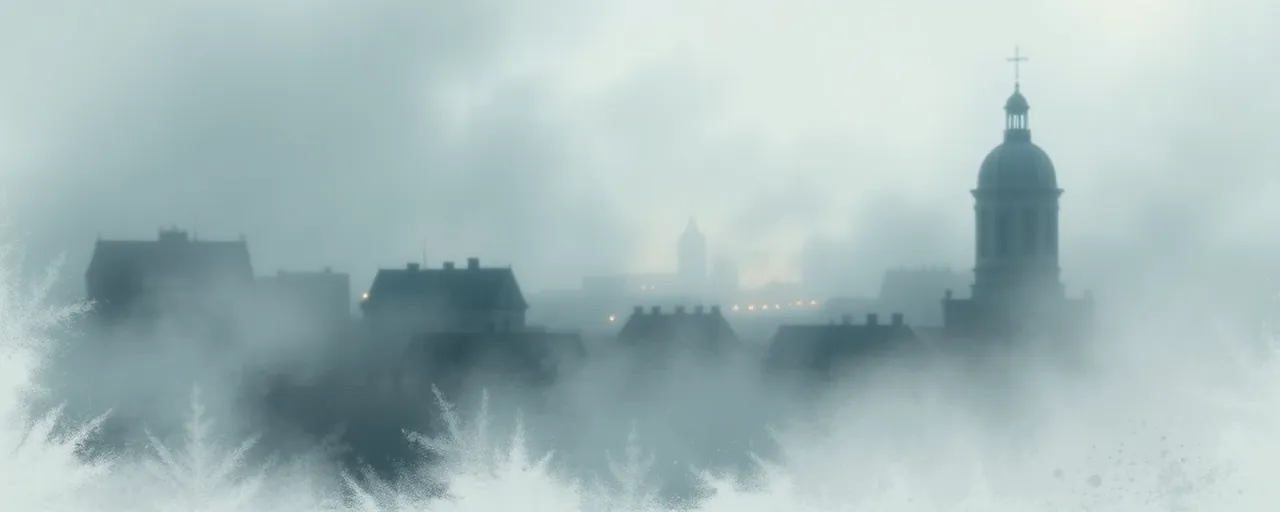A Race Against Time
In Paris, the air was thick with urgency as U.S. Secretary of State Marco Rubio met with Ukrainian and European leaders on April 17, 2025, to discuss ending the war in Ukraine. The conflict, now in its third year, has claimed countless lives and reshaped global alliances. With a new round of talks looming, the United States has made it clear: progress must come within days, or it may step back from the diplomatic effort.
The stakes are high. The war has not only devastated Ukraine but also strained international relations, disrupted energy markets, and exposed cracks in global institutions. Rubio, speaking at Le Bourget Airport, underscored the need for a swift resolution, emphasizing that the U.S. has devoted significant resources to the cause but is nearing a breaking point.
A Framework for Peace?
At the heart of the Paris discussions was a U.S.-proposed framework aimed at halting hostilities and laying the groundwork for a lasting peace. Details remain closely guarded, as Rubio noted that publicizing specifics could derail negotiations. Ukrainian officials, after the talks, returned to Kyiv to consult with President Volodymyr Zelensky, while European leaders expressed cautious optimism about the proposal’s potential.
The framework reportedly addresses key issues like ceasefire terms and territorial disputes, but Russia’s rejection of earlier ceasefire proposals casts a long shadow. Moscow’s insistence on territorial concessions and Ukraine’s demilitarization has repeatedly stalled progress. Meanwhile, Ukraine’s legal constraints, including a prohibition on lifting martial law during active conflict, add further complexity.
European allies, including France, Germany, and the UK, have played a pivotal role in keeping talks alive. French President Emmanuel Macron and UK Prime Minister Keir Starmer have pushed for a unified Western approach, hosting summits to align strategies. Their involvement reflects Europe’s deep stake in the outcome, given the war’s proximity and its economic fallout.
Security Guarantees: A Sticking Point
A central challenge is ensuring Ukraine’s safety against future aggression. Zelensky has long demanded robust security guarantees from the U.S. and Europe, wary of Russia’s track record of violating agreements. The 1994 Budapest Memorandum, which offered Ukraine assurances in exchange for giving up nuclear weapons, proved inadequate when Russia annexed Crimea in 2014 and invaded in 2022.
European leaders have proposed a 'reassurance force' to deter future attacks, potentially involving up to 100,000 peacekeepers. However, the logistics and political will for such a deployment remain uncertain, especially without U.S. military backing. The U.S. has instead leaned toward economic partnerships and encouraging Europe to lead on security commitments.
Russia’s categorical rejection of NATO or EU forces in Ukraine complicates matters further. Bilateral agreements between Ukraine and NATO members offer consultations and aid in case of renewed aggression, but these fall short of the legally binding defense pacts Zelensky seeks. Without credible deterrents, any ceasefire risks being fragile.
Shifting U.S. Priorities
The U.S. approach reflects a broader shift in its foreign policy. Since 2022, it has provided Ukraine with roughly $128 billion in direct aid, alongside funds for NATO and regional stability. Yet, with competing global challenges, including tensions in Asia, the Trump administration has grown impatient. Rubio hinted at other pressing priorities, signaling that indefinite engagement in Ukraine is unsustainable.
This pivot has raised concerns among European allies, who fear a reduced U.S. role could weaken Western unity. The U.S. decision to block a UN Security Council resolution condemning Russia’s actions, alongside Russia, underscored this shift, drawing criticism from those who see it as a departure from earlier commitments to Ukraine.
Global Ripple Effects
The war’s impact extends far beyond Ukraine’s borders, reshaping how nations approach conflict resolution. It has exposed the limits of institutions like the UN and highlighted the challenges of negotiating peace amid great power rivalries. The conflict has also spurred increased defense spending and strengthened alliances like NATO, while raising questions about the reliability of non-binding security assurances.
Failure to secure a stable peace could embolden other powers and undermine confidence in Western leadership. The war’s lessons are already influencing debates on deterrence and peacekeeping in other regions, as policymakers grapple with the realities of prolonged conflicts in a fractured global order.
What Lies Ahead
The next few days will be critical. Talks are expected to resume in London early next week, with European allies eager to maintain momentum. Rubio has pledged to attend if the discussions show promise, but he warned that meetings for the sake of meetings will not suffice. Both sides must demonstrate a willingness to compromise, a tall order given the deep mistrust and competing demands.
For ordinary people in Ukraine, the outcome will determine whether the cycle of violence continues or gives way to a chance for rebuilding. Globally, the resolution of this conflict will shape the future of international cooperation and the balance of power. As the clock ticks, the world watches to see if diplomacy can prevail where weapons have not.
